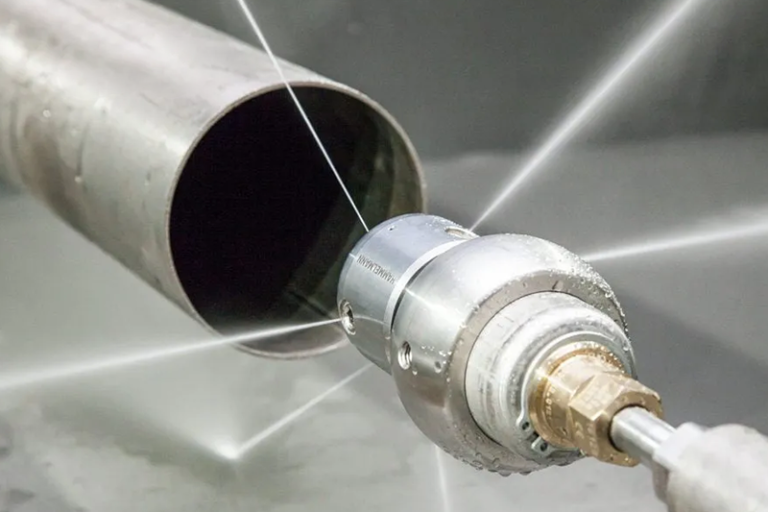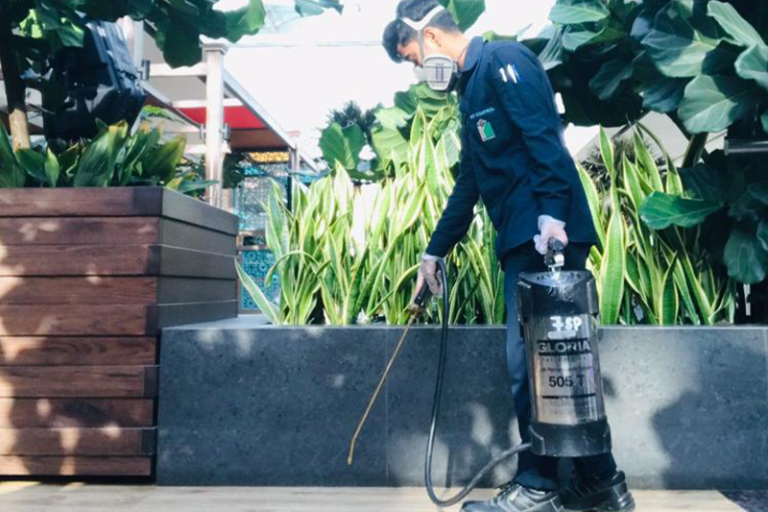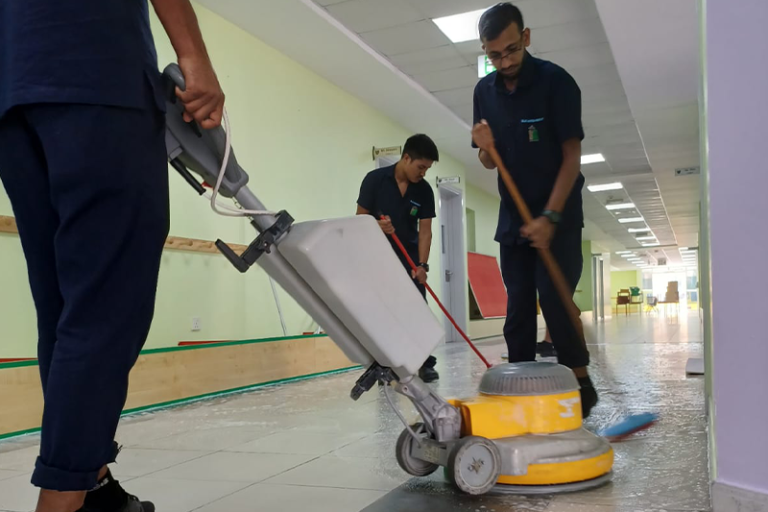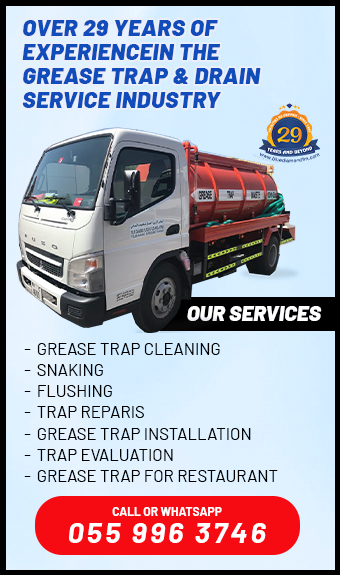FOG Waste Management in the UAE: Why It's Now a Legal Requirement for Food Establishments
If you own or operate a commercial kitchen in the UAE, FOG Waste Management in the UAE is no longer optional—it’s a legal mandate. The improper disposal of fats, oils, and grease (FOG) has become a serious environmental and public health concern, prompting strict regulations across the Emirates. From clogged sewage systems to environmental contamination, unmanaged FOG waste can result in fines, business shutdowns, and long-term damage to your brand.
In this post, we’ll explain what FOG Waste Management in the UAE involves, why it’s now being enforced more strictly, and how your food establishment can stay compliant and avoid costly penalties.
What is FOG Waste Management?
FOG stands for Fats, Oils, and Grease, which are by-products commonly produced during cooking, especially in restaurants, cafeterias, and catering operations.
FOG Waste Management in the UAE refers to the controlled process of:
Collecting FOG waste from kitchen operations,
Separating it using grease traps or interceptors,
Safely disposing of it through licensed waste removal providers.
Left unmanaged, FOG can solidify in plumbing systems, leading to sewer blockages, foul odors, and even environmental pollution. This is why commercial kitchen grease management is now a regulated aspect of operating any food establishment in the UAE.


Legal Framework in the UAE
The UAE has implemented a solid legal foundation to enforce FOG compliance, especially in cities like Dubai and Abu Dhabi.
Dubai Municipality Grease Trap Law:
According to Dubai Municipality regulations, all commercial kitchens must:
Install approved grease traps connected to all relevant drainage points.
Conduct regular maintenance and cleaning by licensed providers.
Maintain detailed service records for inspection.
Other emirates have adopted similar standards under local environmental health authorities, making FOG Waste Management in the UAE a nationwide legal requirement.
Failure to comply may result in:
Heavy fines (ranging from AED 5,000 to AED 50,000)
Temporary or permanent suspension of food licenses
Closure of business operations during investigation or remediation
Why Enforcement is Now More Critical
Several factors have contributed to the increased enforcement of FOG Waste Management in the UAE, including:
1. Environmental Sustainability Goals
The UAE is committed to its Net Zero 2050 initiative, and part of this strategy includes reducing harmful waste from food establishments.
2. Public Health and Safety
FOG buildup causes unpleasant odors, pest infestations, and harmful bacterial growth in food-prep zones and nearby communities.
3. Infrastructure Protection
Blocked sewer lines due to grease cause municipal treatment system failures and expensive repairs, which regulators aim to avoid.
Who Needs to Comply?
The laws surrounding FOG Waste Management in the UAE apply to a wide range of establishments, including but not limited to:
Restaurants and cafés
Hotels and resort kitchens
Cloud kitchens and delivery-only outlets
Food courts in malls
Catering companies and central kitchens
If your kitchen produces any significant amount of fats, oils, or grease, you are subject to these regulations.

Steps to Stay Compliant
1. Install a Properly Sized Grease Trap
Grease trap sizing depends on kitchen output, sink volume, and dishwashing capacity. Get professional help to choose the right system.
2. Schedule Regular Grease Trap Cleaning
Regular pumping ensures that grease traps don’t overflow or clog. Always use a licensed provider for FOG Waste Management in the UAE.
3. Keep Detailed Maintenance Records
Technicians should log every cleaning, including date, technician license, and waste volume removed. These are required for health inspections.
4. Train Staff on Kitchen Best Practices
Reduce grease discharge by wiping pans before washing and installing drain strainers. Prevention is as important as cleanup.
Compliance Is Non-Negotiable
With strict penalties in place and regular inspections by health authorities, FOG Waste Management in the UAE is now a critical part of doing business legally and responsibly.
Neglecting your grease waste duties not only risks your food license but also damages your brand reputation and contributes to long-term environmental harm.
Ready to assess your FOG compliance?
Request a free consultation or schedule a grease trap service today with our certified experts.
Most Frequently Asked Question
Dubai Municipality requires regular cleaning by licensed providers and detailed recordkeeping for all food establishments.
Most establishments clean grease traps every 1–3 months, depending on kitchen volume. Your provider can recommend the ideal frequency.
You risk fines, license suspension, and even business shutdowns due to public health violations.
No. Only licensed grease trap service companies are authorized to perform cleanings under UAE law.
It depends on kitchen output, sink size, and number of meals served. A professional can calculate the correct size for compliance.
Yes. Any commercial kitchen generating FOG must follow UAE grease trap regulations and maintain compliance records.
Our Services
Our step-by-step guide simplifies the cleaning process, ensuring a hassle-free experience while keeping your traps clean.

Drain Line Jetting

Pest Control Service

Deep Cleaning
business
Our Working Process
Let’s start the journey towards success and enhance revenue for your business. Take your company to the next level.
Book An Appointment Today
Blue Diamond would like to hear from you. if you have business inquiries. Get in touch with us.





